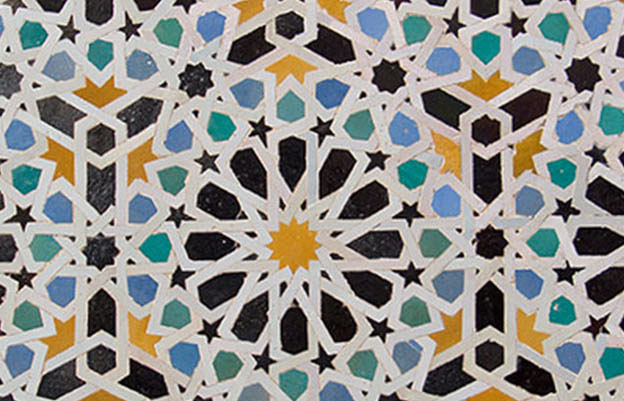History, language and culture
Morocco has a wealth of languages and cultures and a long history documented in manuscripts, oral traditions, monuments and other forms of material culture and archaeology. In the Netherlands, we are familiar with this diversity, particularly due to the numerous Berber activists who can be vocal, sometimes in opposition to Arabic speakers.
Leiden University, with its numerous publications, courses and an extremely important collection of manuscripts, holds an international position in Berber Studies. The University of Amsterdam leads in the international arena in the study of the literature of Morocco in particular, primarily in the European diaspora, as well as in French and Spanish. NIMAR is committed to exchanges in literature, film and theatre, music and visual arts in events such as film evenings, exhibitions and lectures.
The Netherlands was the first European state to conclude a treaty with Morocco, more than 400 years ago. The archives in The Hague, which are an important record of Moroccan history, have been explored by Moroccan researchers thanks to the support of NIMAR. A publication by Abdelmajid Kaddouri and Assia Benadada on sources on Moroccan-Dutch relations that are available in Dutch archives will appear in the near future with the support of NIMAR. This project took the shape of a traveling exhibition initiated by the Ministry of Foreign Affairs, in part as an expression of cultural diplomacy. NIMAR will further develop this project to enable Dutch historians and scholars of the Arabic language, culture and literature to participate. It will once again call on the tradition of the study of relations between Muslims, Jews and Christians that originated in Leiden and Amsterdam.
The colonial past of Morocco during the protectorate of France and Spain between 1912 and 1956 continues to play an important role in the societal debate, for instance on language and teaching and other forms of ‘authentic Moroccan culture’. The Netherlands, as a relatively neutral outsider, can make an important contribution to this debate by encouraging a comparative research project on the colonial heritage of Indonesia and Morocco.


